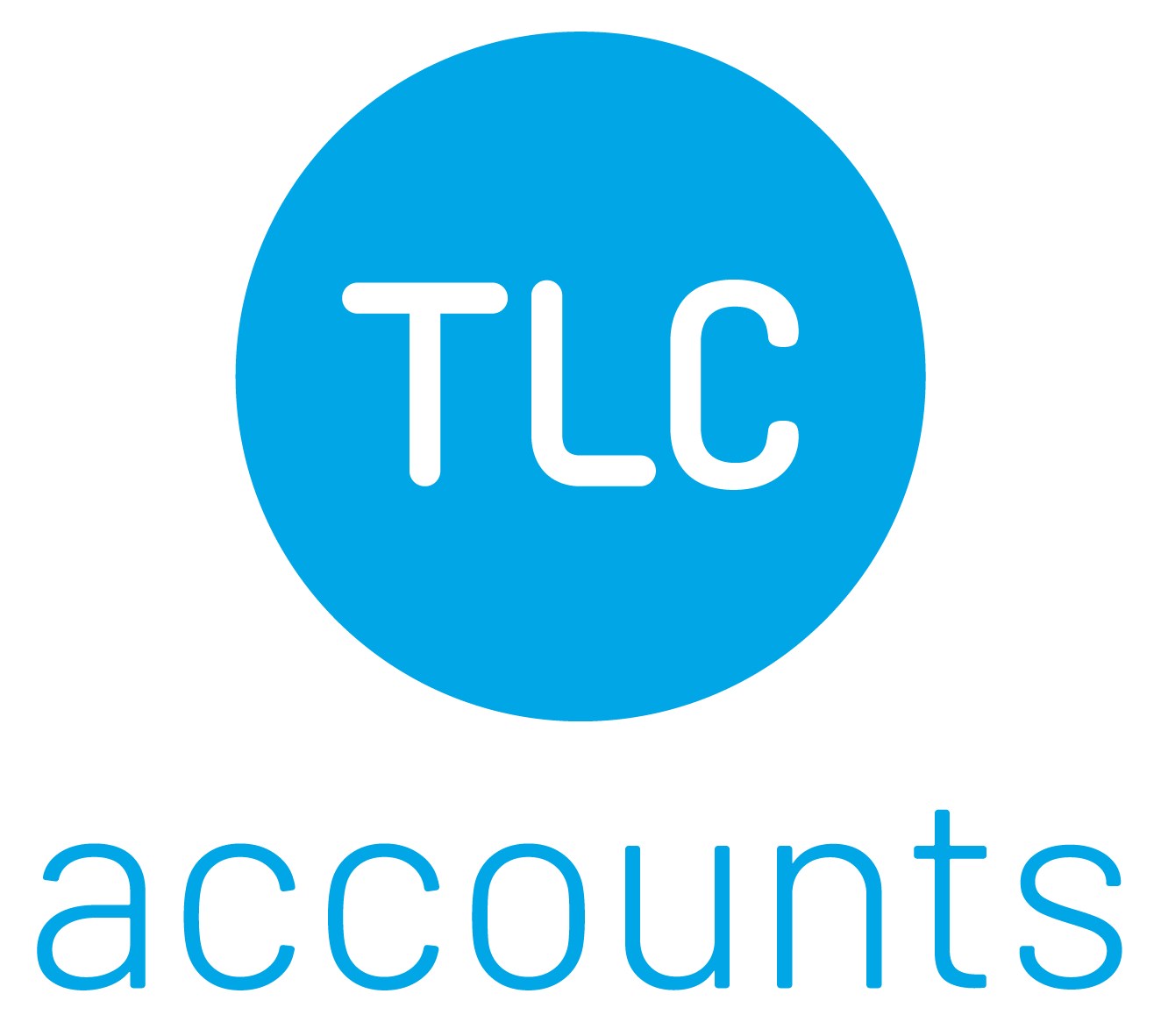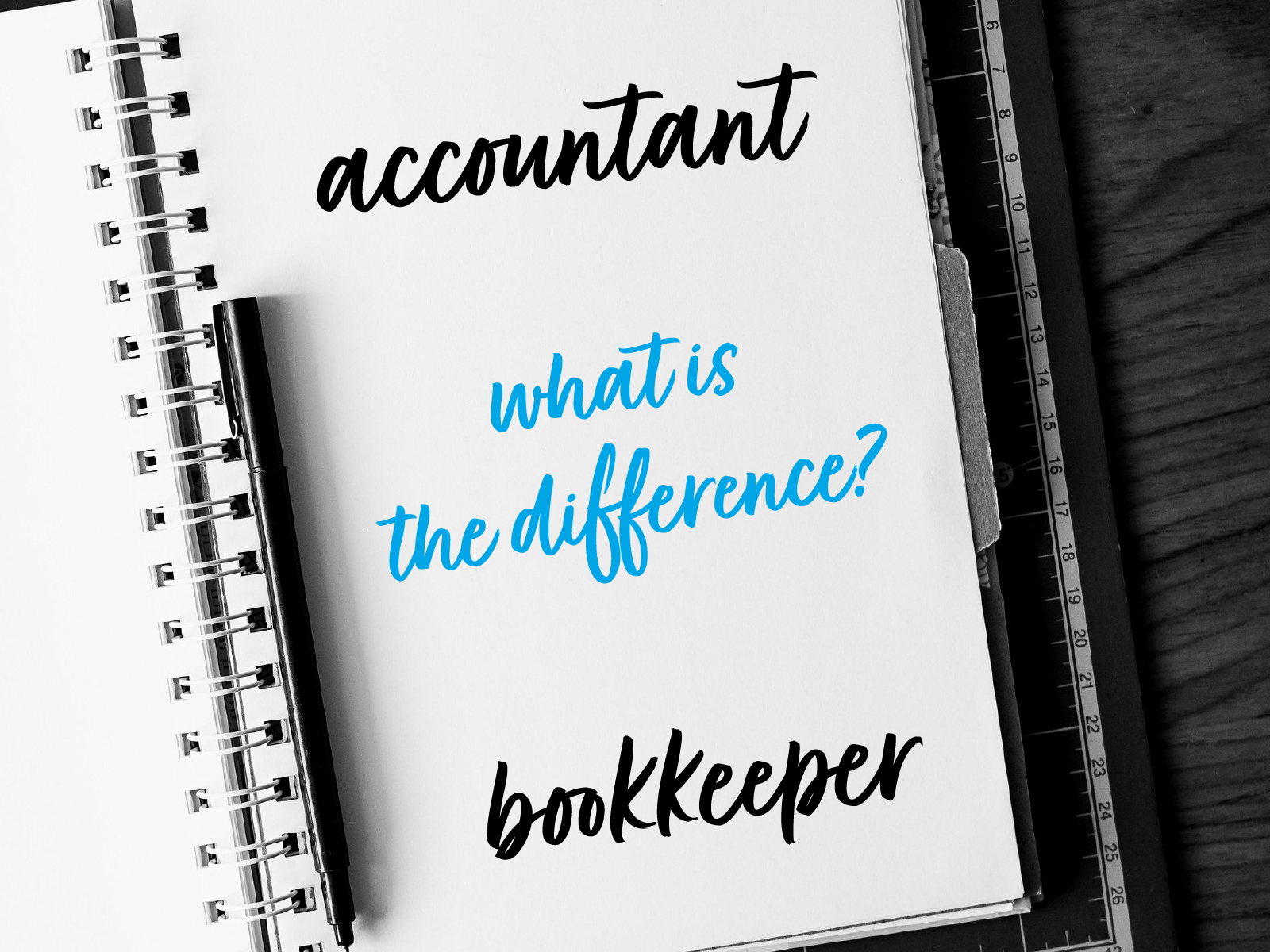by Tracy Cromar
So, what is the difference between an accountant and a bookkeeper?
Now, I am often referred to as an accountant.
Understandably, this can cause offence to any accountant out there who has worked their socks off to achieve their qualifications.
And there can be some overlap in what they do, but there are distinct differences.
Those who know me already will be aware of the importance TLC Accounts puts on the relationships we have with our client’s accountants.
So this misunderstanding of the role is something that we always make a point of correcting.
Put simply, bookkeeping focuses on recording and organising financial data, while accounting is the interpretation, insight and analysis of that data.
What a bookkeeper can do
Bookkeepers are responsible for providing accurate, up-to-date financial information about a business. And the two fundamental tasks in small business bookkeeping are data entry and reconciliation.
So, a bookkeeper will maintain complete records of all money that has come in and gone out of the business. They record daily transactions in a consistent, easy-to-read way and ensure that back up to transactions are gathered and stored in an organised manner.
They carry out tasks like managing the day-to-day cash flow, reconciling in preparation for year-end tax returns and help keep the finances running efficiently.
Most often, their reports go to business owners and managers to help them make decisions. And importantly, their records let the accountants do their jobs.
These are some typical bookkeeping tasks:
- Recording financial transactions
- Posting debits and credits
- Producing invoices
- Managing payroll
- Maintaining and balancing ledgers, accounts, and subsidiaries
Bookkeepers may also share some jobs with accountants, such as the preparation of working papers and reconciliation for the purpose of financial reporting and tax returns.
What a bookkeeper can’t do
An accountant can be considered a bookkeeper, but a bookkeeper cannot be an accountant without proper certification.
For example, I don’t do corporation tax because I’m not qualified to do it.
Technically, the word “accountant” is not regulated. So anyone can set up an accountancy practice regardless of qualifications, skills and insurance cover.
However we feel that this is a specialist area of expertise which comes with many years of hard work and studying for one of the main four UK Chartered Accountancy Institutes qualifications and should not be in any way belittled.
- Chartered Institute of Management Accountants (CIMA)
- Institute of Chartered Accountants In Scotland (ICAS)
- Association of Chartered Certified Accountants (ACCA)
- Institute of Chartered Accountants in England and Wales (ICAEW)
An accountant’s main roles are to deal with higher level compliance such as filing accounts and tax returns, and to advise the business owner on the strategic management of their business.
The process of accounting gives you reports that bring key financial indicators together. The result is a better understanding of actual profitability, and an awareness of cash flow in the business.
A good accountant will also conduct regular tax planning to minimise business and personal tax liabilities, and provide advice on cash flow management.
Business owners will often look to accountants for help with strategic tax planning, financial forecasting, and tax filing.
The overlap
So basically, you get an accountant to help you at a higher strategic level. By using information from the previous year, they give you expert advice to improve your business.
Monthly reports are traditionally created by a bookkeeper, in an efficient and cost-effective way.
In effect, a bookkeeping service like TLC Accounts brings order into your business.
We let you – or an accountant – analyse your business, making it easier for you to make forecasts, look at performance and scrutinise expenditure.
The actual question should probably be “what’s the ideal relationship between an accountant and a bookkeeper?”
We like to see bookkeepers as a safe pair of hands. Certainly at TLC, we don’t know everything, but if we don’t, we’ll always find out for you.
We bring our proactive approach to record your business transactions in an organised and efficient manner.
Yes, we liberate you from time taken keeping track of numbers.
And in the world today, isn’t that a weight off your mind?
- Follow TLC Accounts on LinkedIn at @TLCAccounts or contact Tracy at tracy@tlcaccounts.co.uk
- Back to blogs

